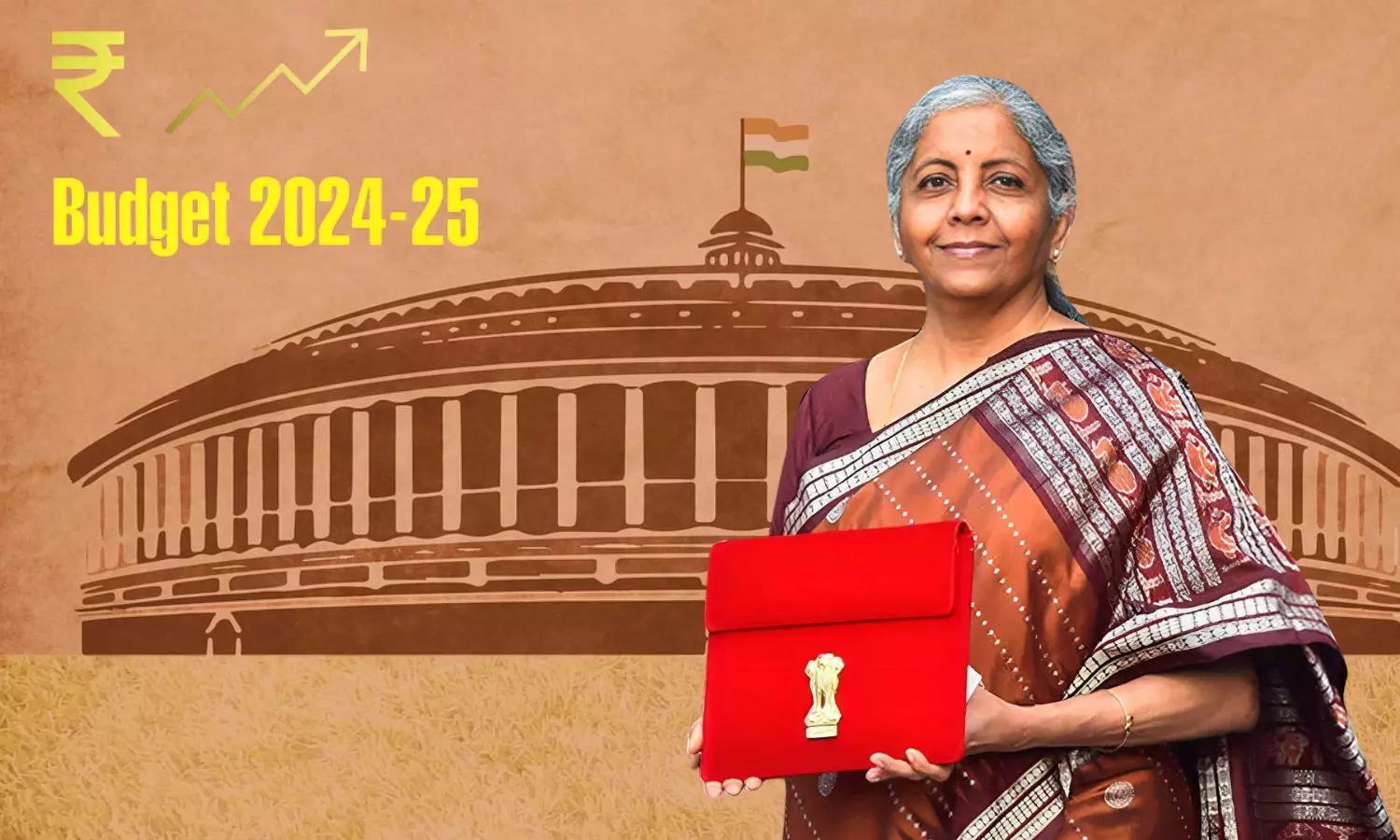Budget 2024 Unwrapped: Employment Creation and Tax Simplification

Budget 2024 has tabled a host of changes, with a major spotlight on employment creation and tax simplification. Let us explore the intricacies behind it.
The 2024 union budget has brought along a plethora of changes, with a key focus on job creation and youth skilling. Finance Minister Nirmala Sitharaman has unveiled a ₹2 Lakh Crore package under the Prime Minister Scheme to boost job creation and youth upskilling in India.
Three new employee-linked incentive schemes have been launched as a part of the Prime Minister's package. The intent behind these efforts is to promote enrollment with the Employee Provident Fund Organization (EPFO) and offer support to first-time employees as well as employers.
Sujay Pidara, Founder, MyJobee, said, "The initiatives announced in the budget for employment creation and skill development are crucial and beneficial. The focus on first-time employees with incentives for EPFO and substantial support for job creation will connect both skilled and unskilled workers with meaningful employment opportunities. Furthermore, the commitment to upskilling 20 lakh youth over five years through upgraded Industrial Training Institutes is a much-needed strategy. Such initiatives promise to not only boost economic growth but also ensure inclusive development by equipping youth with the necessary skills for a sustainable and self-sufficient future.”
While budget 2024 certainly emphasises job creation, the government has launched various initiatives to boost women's participation in the workforce. These efforts reflect a commitment to advancing women's roles in economic development. By establishing working women hostels in collaboration with industries, developing creches, and organising skill training programs for women, the government aims to foster women-led advancement.
Anup Agarwal, Co-Founder, CaterNinja, remarked, "The government's proactive stance in the 2024 budget towards encouraging employment and skilling initiatives is commendable. The measures to facilitate the establishment of working women hostels and creches to enhance female workforce participation are crucial steps towards inclusivity and gender equity in the workplace. This not only supports women but also strengthens our workforce diversity, which is vital for innovation and growth. In addition, the introduction of the 'One-month wage to new entrants' scheme across formal sectors up to ₹15,000 will undoubtedly stimulate job creation and provide much-needed support to young job seekers entering the workforce. Overall, these initiatives signal a positive outlook for economic recovery and sustainable growth."
In addition to employment schemes, Budget 2024 has tabled several significant tax changes affecting capital gains. The tax rate for short-term capital gains on equity-related investments has witnessed a hike from 15% to 20%. Further, the tax-free limit for long-term capital gains on these investments has increased from ₹1 lakh to ₹1.25 lakh. However, the removal of indexation could nullify this benefit for many taxpayers.
Tapan Doshi, Chartered Accountant, SEBI Registered Research Analyst, and Founder of Thoughtful Investors Hub expressed, "The tax increase on short-term capital gains for equity investments, which went from 15% to 20%, was apprehensible. However, nobody anticipated the tax on long-term capital gains on equity-oriented investments, which went from 10% to 12.5%, shocking retail investors. Additionally, the indexation benefit from real estate has been eliminated which will result in old properties such as an ancestral house attracting a higher tax. For example, if an ancestral property purchased in 2001 for ₹5 Lakhs is sold in 2024 for ₹30 Lakhs, the new taxation law will impose a tax of ₹3,12,500. This is higher compared to the old taxation rate of ₹2,37,000, which benefited from indexation to reduce the taxable profit. However, the tax on newer properties which are sold after 1 year of possession will be significantly lower than before."
All in all, the proposals indicated in Budget 2024 aim to simplify taxes, enhance stability, and encourage investment and job creation. It is yet to be seen how these efforts will advance the economic growth of the country.














